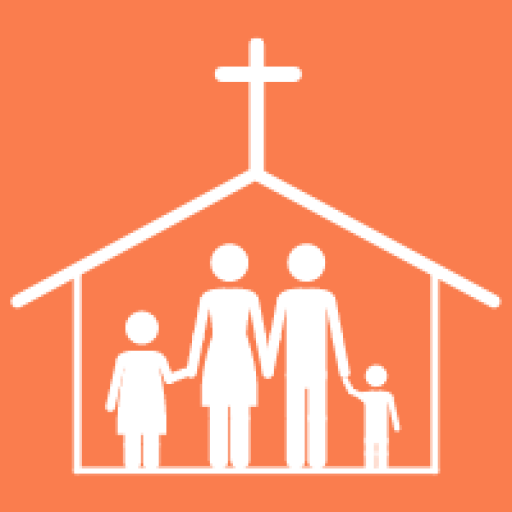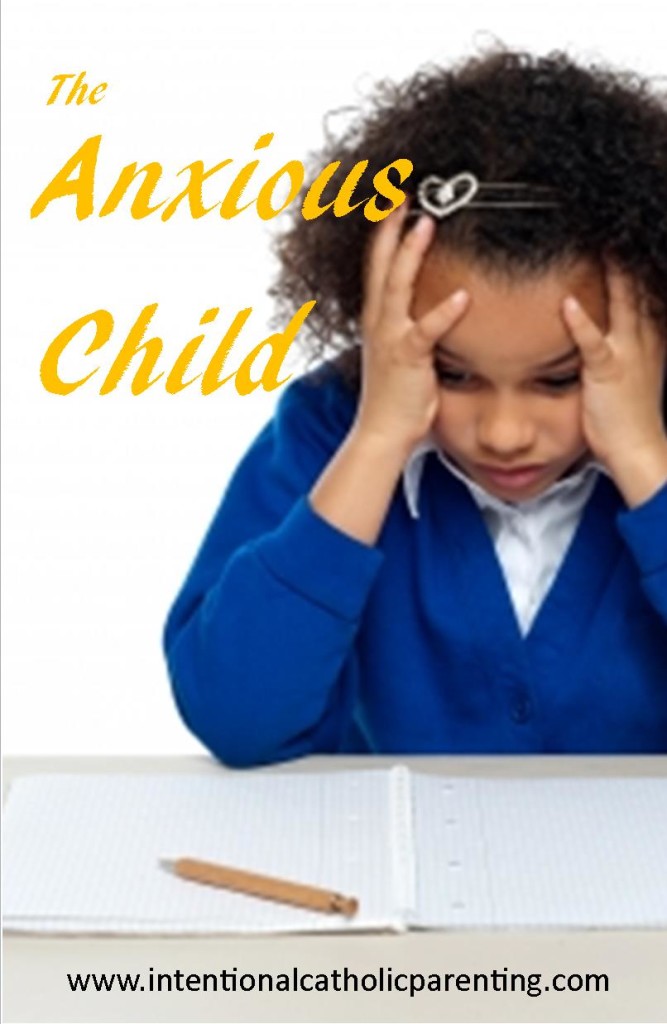An increasing number of children and teens are being diagnosed with anxiety issues. What is the reason for this trend and what can do we do to protect our kids from it?
How Big a Problem Is Anxiety by Robert Leahy over at Psychology Today. “The average high school kid today has the same level of anxiety as the average psychiatric patient in the early 1950’s. We are getting more anxious every decade.” Note the possible reasons he offers for this increase in anxiety: a decrease in “social connectedness — we tend to move more, change jobs, participate less in civic organizations, and we are less likely to participate in religious communities. People are far less likely to get married, more likely to delay getting married, and more likely to live alone. All of these factors can contribute to worry, uncertainty, anxiety and depression.”
Normal Anxiety on WorryWiseKids.org. This website is a great source of information and tips. This article link explains clearly what normal anxiety looks like at each developmental stage of childhood. It points out that anxiety is actually a necessary part of growing up. Kids just need our support in confronting the source of the anxiety and learning to make sense of it. The article then distinguishes symptoms of problem anxiety: If your child is constantly “keyed up,” experiences physical suffering because of her anxiety (headaches, upset stomach, insomnia), or avoids stressful situations, then she may be experiencing a toxic level of anxiety.
Are We Modeling Anxiety? “Children learn how to act and react significantly based on the “models” in their world (parents, teachers, peers, siblings, etc). Research has shown that some parents of anxious children, especially if they are anxious themselves, have an anxious interpretation of the world, or view it as frightening. When parents hold this view of the world as threatening, they likely will suggest that their children avoid situations rather than approach them. . . Many parents want to protect their child from anxiety, but then kids don’t have opportunities to learn new skills or practice them.”
Understanding Anxious Attachment. One of the greatest sources of protection against chronic anxiety that we can give to our child is a secure attachment to us. The scientific literature shows a clear correlation between a weak parent-child attachment and increased anxiety. In particular, children who develop an anxious attachment style to their primary caregiver will tend to experience heightened social anxiety (fear of negative evaluation, people pleasing, distress in new social situations).

